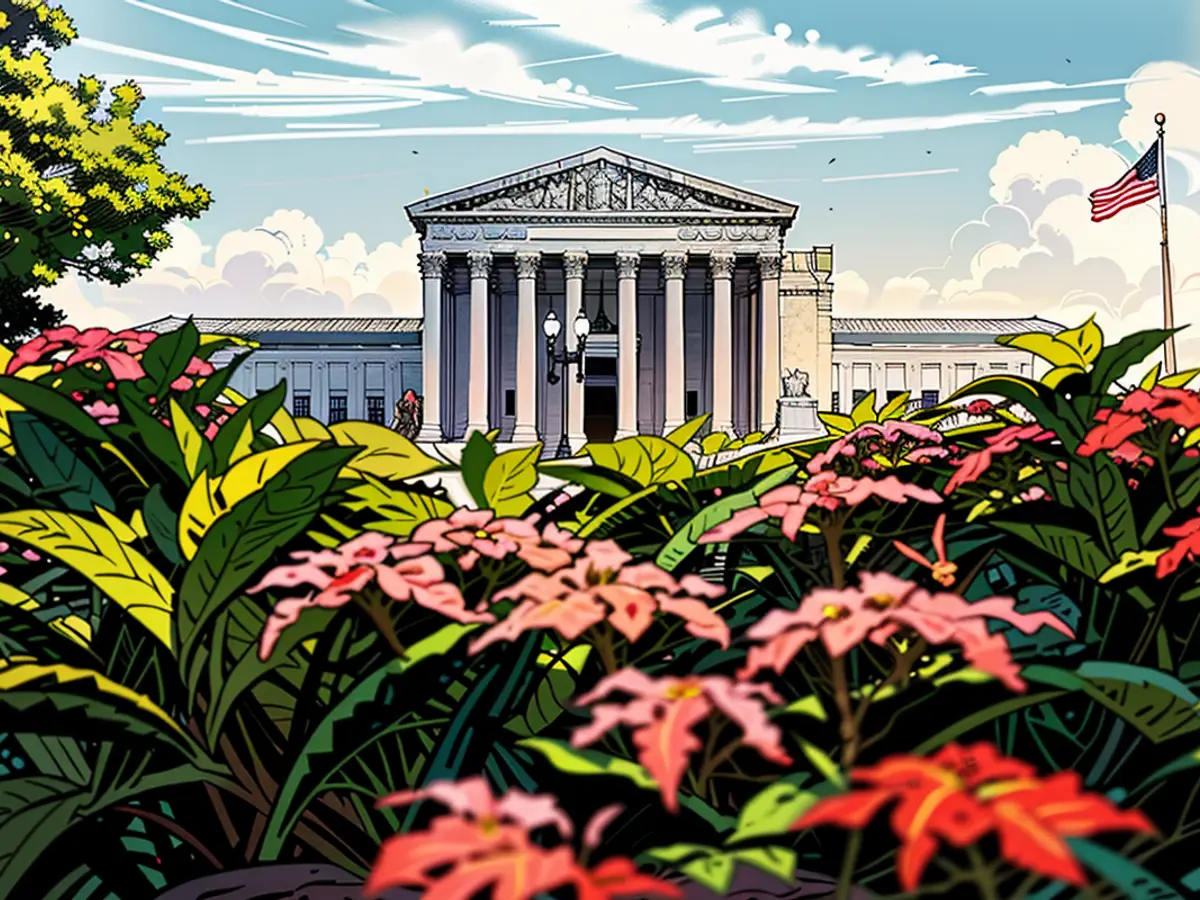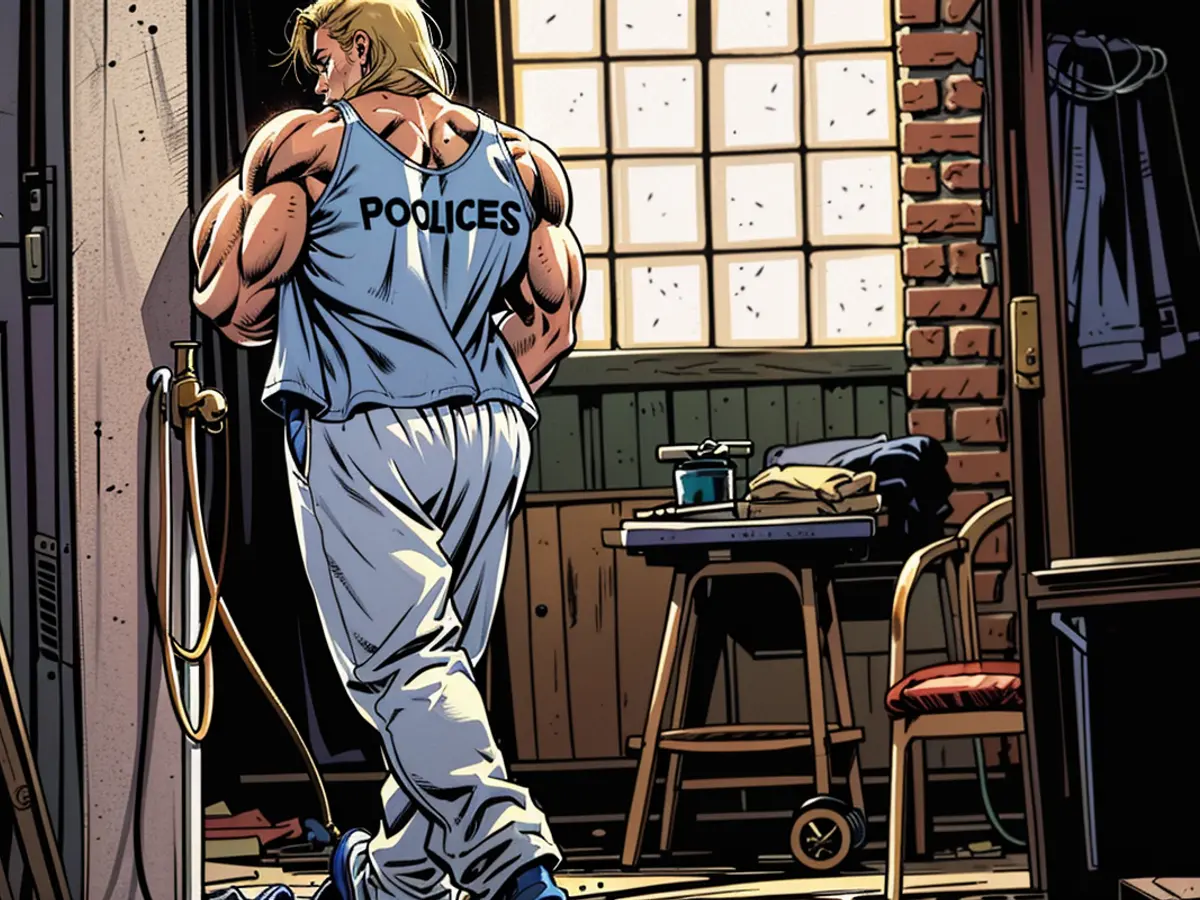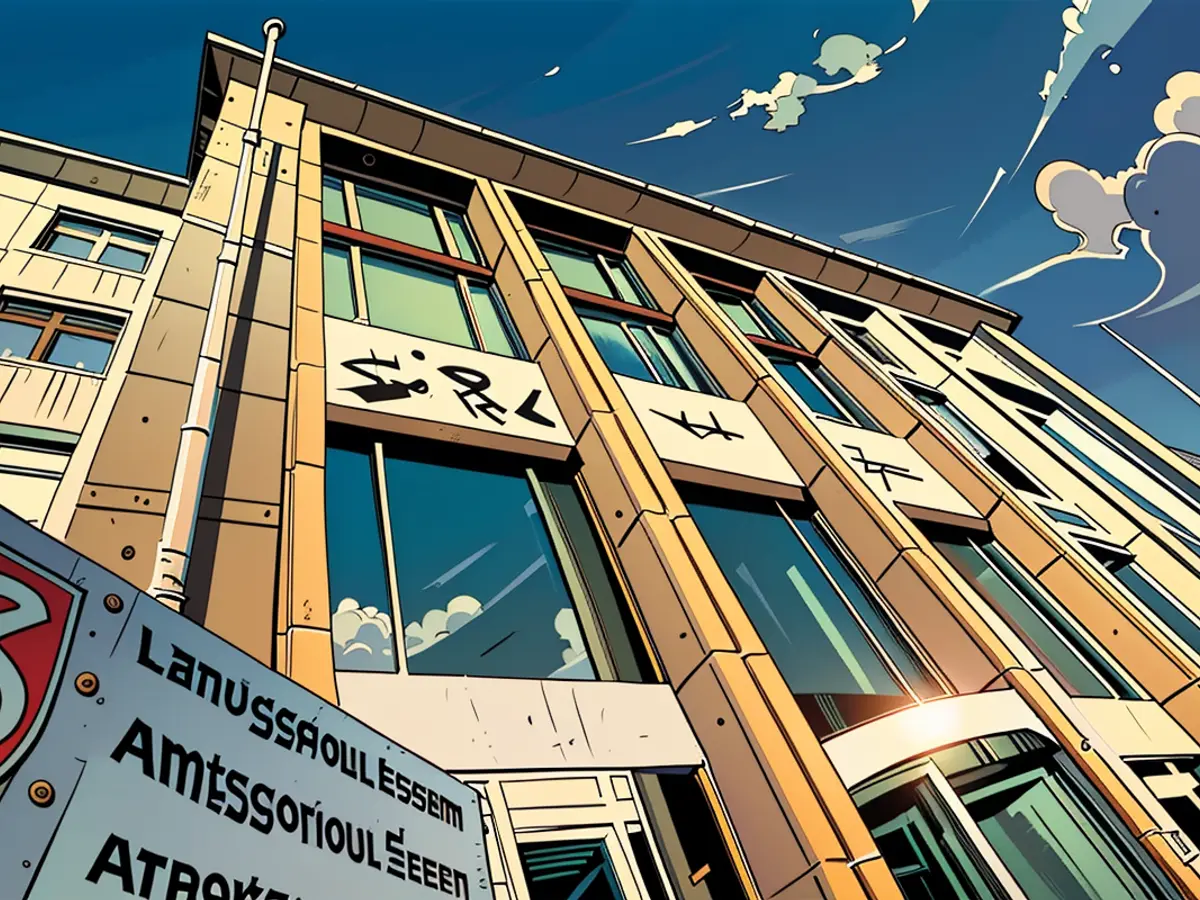Supreme Court rules Trump has limited immunity in January 6 case, jeopardizing trial before election
In the most closely watched case before the Supreme Court this year, the ruling rejects a decision from a federal appeals court in February that found Trump enjoyed no immunity for alleged crimes he committed during his presidency to reverse the 2020 election results.
“We conclude that under our constitutional structure of separated powers, the nature of presidential power requires that a former president have some immunity from criminal prosecution for official acts during his tenure in office,” Chief Justice John Roberts wrote in Monday’s opinion. “At least with respect to the president’s exercise of his core constitutional powers, this immunity must be absolute.”
“The President enjoys no immunity for his unofficial acts, and not everything the President does is official. The President is not above the law,” Roberts also wrote.
This story is breaking and will be updated.
Despite the dismissal of the case challenging Trump's immunity for alleged actions during his presidency, the debate over the intersection of politics and accountability remains a pressing issue in contemporary politics. The ruling underscores the complexities of balancing executive power and legal accountability in the political spectrum.








